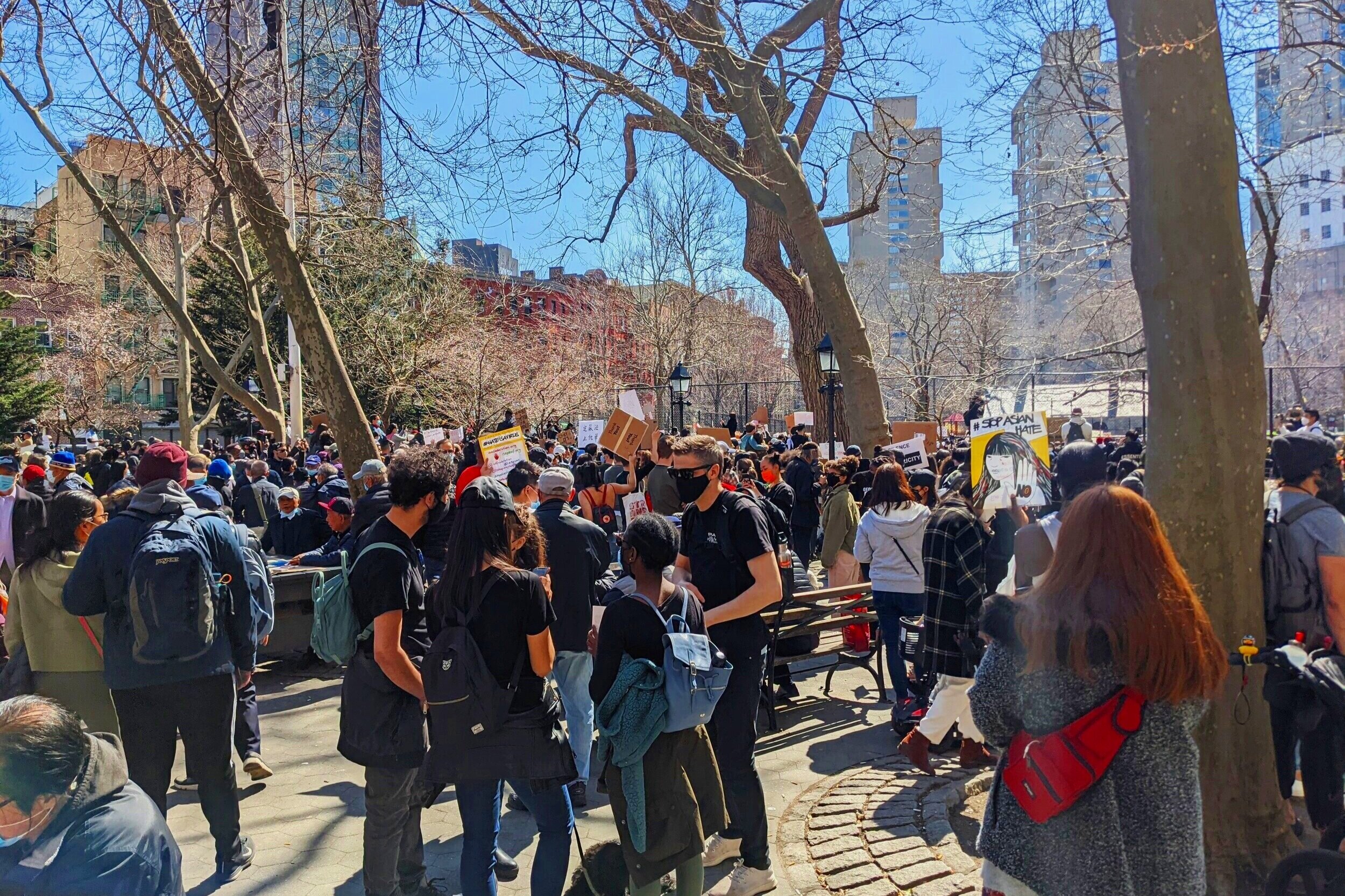how to change the world
I attended an “internship mixer” at my university on Tuesday night, a kind of intimate networking session with some executives from local businesses. I wasn’t exactly sure what I was looking for when I clicked the “RSVP” button on the event, nor did I expect to walk out with a brand-new attitude toward life and business. It sounds dramatic, I know. But it was a good reminder of where I wanted to go in life; to really think about why I wanted the things I wanted, and what I was actively doing to achieve them.
When there are only a handful of executives in a room with at least three times as many students seeking internships from said executives, there’s significant tension. Everyone wants to make an impression. Everyone wants to be remembered. Everyone is charming, irresistible, flattering. Everyone wants to successfully communicate in 30 seconds or less how passionate and hard-working and innovative they are to their potential employers. Most people don’t go to make genuine connections, but only want to push their résumé onto as many influential people as possible in hope of getting something in return, regardless of what it is.
One of the panelists was a woman named Gillian Christie, the founder and CEO of Christie Communications. I paid polite attention to the other members of the panel, but the more this woman talked, the more intently I listened. I was honestly stunned and more than a little inspired by her presentation. I immediately was intrigued by what she’d achieved in her career, and I personally identified with her background: she began as an on-air radio journalist, but disgusted by the ethics of show business, she quit the industry and started her own communications firm. She introduced her company’s vision—to promote peace and well-being in the world by providing economic opportunities to small business owners and ethical companies, and help with global-scale entrepreneurship projects in foreign countries.
Similarly, I left journalism because I hated the objectivity of it, and how (hypocritically) sensationalized and dirty the profession actually was. When I came to college, I decided I would focus on two things. The first was marketing and branding, which was a natural progression from journalism for me; I was fascinated with human psychology and interaction, and simultaneously, I was hungry for a way to make my voice heard amid a torrent of corporate media messages and advertisements, and an influx of personal rants via social media. The second was business strategy and development, something I’d always for the most part ignored because I’d considered it a largely financial profession. But as I learned more, I realized it was an outlet for the things I wanted, a channel through which I could translate ideas into actions.
It’s easy to read success stories on Forbes, about people who follow their dreams, own their own companies, and become self-made millionaires. But subconsciously, you take what you read with a grain of salt. Because that’s what you’ve been told to do. Hope, but not too foolishly. Be ambitious, but stay grounded. Be passionate, but not overzealous. “Change the world” is considered a naïve desire. A beauty queen answer. Everyone says it with the best of intentions, but few people take the initiative to start something new, or have the courage to do something they’re intensely passionate about. But here was a woman who was actually doing it, and more importantly, doing what she loved. Ethics and business are two things that rarely coexist, and yet here was someone who had found a way to make it possible.
I dislike the question “What do you want to do?” in reference to a career path. Because it’s limiting. Because I want to do everything. I want to try everything. I want to change the world, even just a little bit. When people ask me what I want to “do” with my college degree, I usually laugh and respond with “I don’t really know yet.” But the truth is, I know what I want to do. I have all of these short-term goals (graduate from college, move to New York, work at a marketing firm) and long-term goals (eradicate rape culture, aid in the prevention of sexual assault, write books, travel the world) but no way to connect them. But it’s people like Gillian Christie that remind me that you really can do what you want in life, if you have the drive, the persistence, and just the right amount of naïveté. That it’s a very admirable thing to truly, desperately want to do something in the world, not simply exist in it. And that it’s possible, if you’re idealistic enough and smart enough.
That’s all it was to me—a reminder. Something that made me think a little differently, that inspired me enough to remember why I was here at college, why I work hard every day to get a fraction closer to my goals. But life for most people is a series of of small revelations, barely-noticeable differences in perspective that gradually shape your course in life. If you wait for that earth-shattering epiphany or that grand gesture of validation from the universe that you’re doing the right thing, it may never come.
So, how do you change the world? I’m not quite sure yet. But I like to think I’m taking steps in the right direction.































